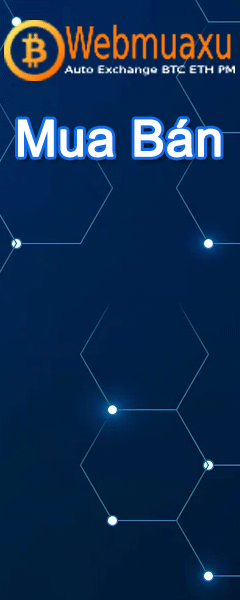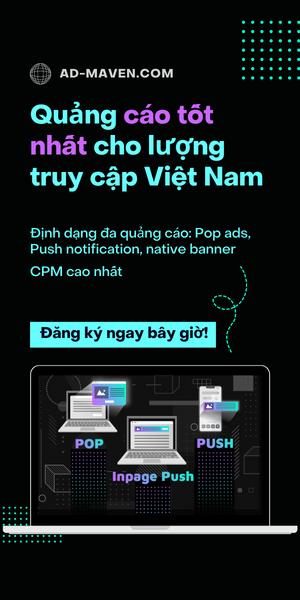u2unetwork
Newbie
The integration of Artificial Intelligence (AI) and blockchain technology is a burgeoning field with immense potential to revolutionize various industries. By combining AI's ability to learn and make decisions with blockchain's secure and transparent infrastructure, we can unlock new levels of efficiency, trust, and automation.

Here's a breakdown of how to effectively integrate AI with blockchain:
Data Sharing and Management:
Blockchain's decentralized nature allows for secure and transparent data sharing across multiple parties. AI algorithms can leverage this data to train models and make predictions. Smart contracts on the blockchain can automate data access and sharing, ensuring compliance with privacy regulations.
Decentralized AI Models:
Instead of relying on centralized AI models, blockchain can enable the creation of decentralized AI models. These models can be trained on distributed data sets, making them more robust and less susceptible to bias. Additionally, blockchain can facilitate the secure exchange and monetization of AI models, creating new economic opportunities.
Enhanced Security and Trust:
Blockchain's immutability and cryptographic features can enhance the security and trustworthiness of AI systems. By recording AI model training data and decision-making processes on the blockchain, we can ensure transparency and auditability, reducing the risk of malicious manipulation.
Automation and Efficiency:
AI can automate various processes on the blockchain, such as smart contract execution, data validation, and fraud detection. This can significantly improve efficiency, reduce costs, and enhance the overall performance of blockchain networks.
New Applications and Use Cases:
The integration of AI and blockchain opens up a wide range of new applications and use cases. For example, AI-powered blockchain platforms can be used for supply chain management, healthcare data sharing, decentralized finance (DeFi), and even autonomous governance systems.
Challenges and Considerations:
While the potential of AI and blockchain integration is vast, there are challenges to overcome. These include scalability issues, data privacy concerns, and the need for interoperability between different blockchain platforms. Additionally, the development of AI blockchain applications requires expertise in both AI and blockchain technologies.
Despite these challenges, the integration of AI and blockchain is a rapidly evolving field with immense potential. By leveraging the strengths of both technologies, we can create innovative solutions that address real-world problems and drive the next wave of technological advancements.
In conclusion, integrating AI with blockchain requires a multi-faceted approach that addresses data sharing, model decentralization, security, automation, and new applications. By overcoming the challenges and embracing the possibilities, we can unlock the full potential of this powerful combination and shape a more intelligent and decentralized future.
Read more: https://u2u.xyz

Here's a breakdown of how to effectively integrate AI with blockchain:
Data Sharing and Management:
Blockchain's decentralized nature allows for secure and transparent data sharing across multiple parties. AI algorithms can leverage this data to train models and make predictions. Smart contracts on the blockchain can automate data access and sharing, ensuring compliance with privacy regulations.
Decentralized AI Models:
Instead of relying on centralized AI models, blockchain can enable the creation of decentralized AI models. These models can be trained on distributed data sets, making them more robust and less susceptible to bias. Additionally, blockchain can facilitate the secure exchange and monetization of AI models, creating new economic opportunities.
Enhanced Security and Trust:
Blockchain's immutability and cryptographic features can enhance the security and trustworthiness of AI systems. By recording AI model training data and decision-making processes on the blockchain, we can ensure transparency and auditability, reducing the risk of malicious manipulation.
Automation and Efficiency:
AI can automate various processes on the blockchain, such as smart contract execution, data validation, and fraud detection. This can significantly improve efficiency, reduce costs, and enhance the overall performance of blockchain networks.
New Applications and Use Cases:
The integration of AI and blockchain opens up a wide range of new applications and use cases. For example, AI-powered blockchain platforms can be used for supply chain management, healthcare data sharing, decentralized finance (DeFi), and even autonomous governance systems.
Challenges and Considerations:
While the potential of AI and blockchain integration is vast, there are challenges to overcome. These include scalability issues, data privacy concerns, and the need for interoperability between different blockchain platforms. Additionally, the development of AI blockchain applications requires expertise in both AI and blockchain technologies.
Despite these challenges, the integration of AI and blockchain is a rapidly evolving field with immense potential. By leveraging the strengths of both technologies, we can create innovative solutions that address real-world problems and drive the next wave of technological advancements.
In conclusion, integrating AI with blockchain requires a multi-faceted approach that addresses data sharing, model decentralization, security, automation, and new applications. By overcoming the challenges and embracing the possibilities, we can unlock the full potential of this powerful combination and shape a more intelligent and decentralized future.
Read more: https://u2u.xyz






















